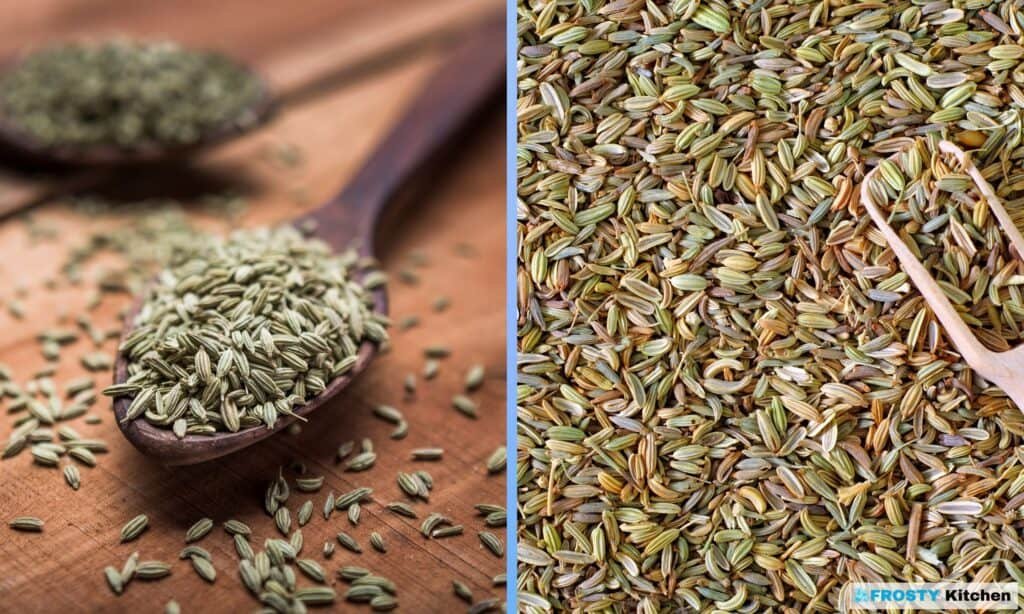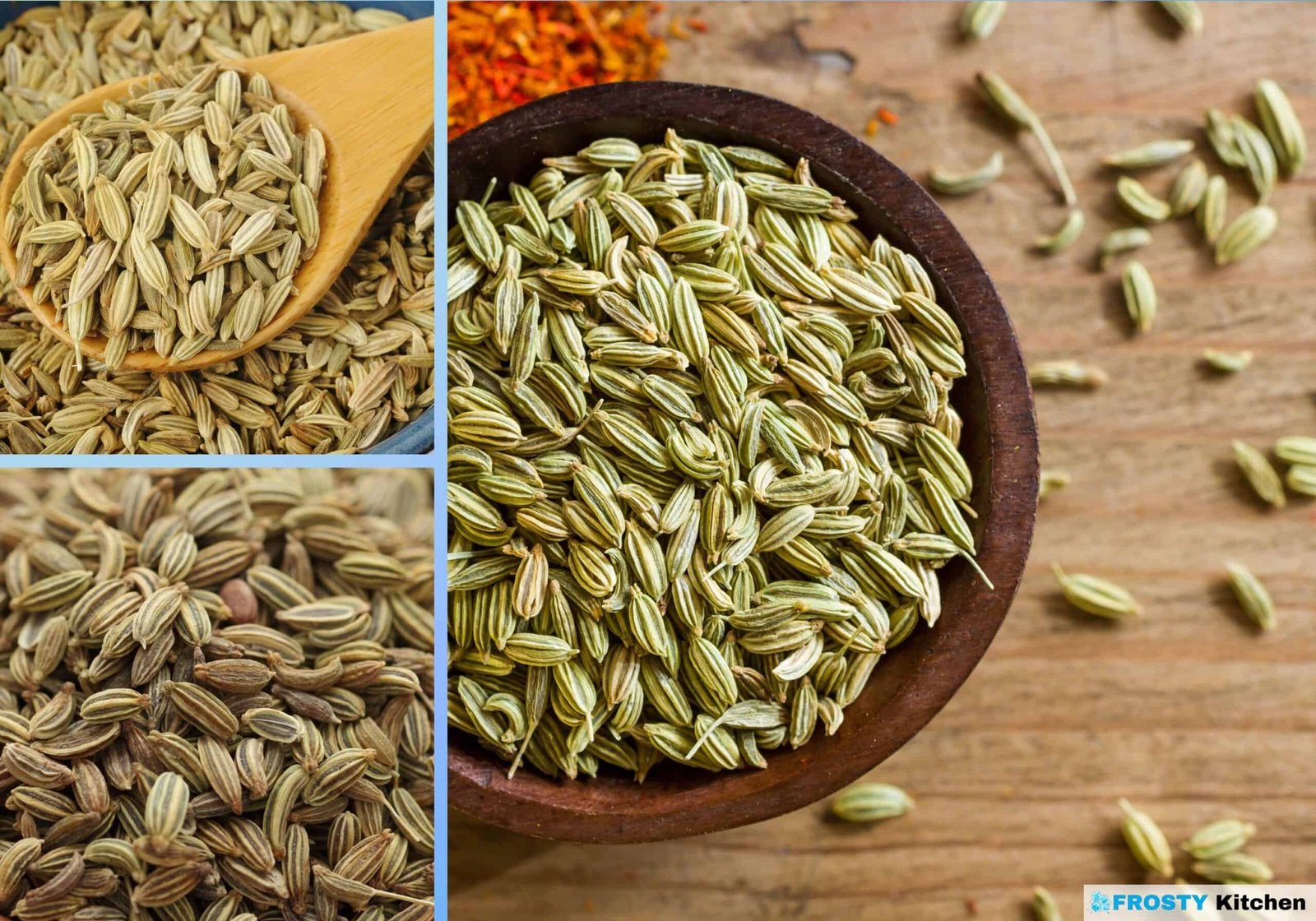Fennel seeds, recognized for their sweet, anise-like flavor, are a common ingredient in a plethora of dishes across Mediterranean and South Asian cuisines. Known scientifically as Foeniculum vulgare, fennel seeds have been cherished since ancient times for both their culinary and medicinal applications. Freezing fennel seeds is a viable method to prolong their freshness and retain their characteristic flavor. This article delves into the origins, benefits, and a detailed guide on freezing fennel seeds effectively.
What are Fennel Seeds?
Fennel seeds come from the flowering plant species known as Foeniculum vulgare. They are small, oblong, and vary from light brown to green in color, carrying a sweet, licorice-like flavor that enhances various culinary dishes.
Origin and History
- Fennel seeds have a rich history dating back to ancient Greece and Rome, where they were highly valued for their culinary and medicinal properties. They have been traditionally used to treat digestive issues and were believed to possess various health benefits.
- Over time, the use of fennel seeds spread across continents, becoming a staple in Indian, Middle Eastern, and Mediterranean cuisines. They are now grown globally, with India being the largest producer.
Nutritional Value
- Fennel seeds are a potent source of essential nutrients including fiber, vitamins, and minerals. They are particularly rich in vitamin C, calcium, magnesium, and iron which contribute significantly to overall health.
- Moreover, fennel seeds contain potent antioxidants like limonene and quercetin that help combat oxidative stress and may have anti-inflammatory properties.
Benefits of Freezing Fennel Seeds
Freezing fennel seeds offers several advantages:
- Preservation of Flavor: Freezing helps retain the unique anise-like flavor of fennel seeds, ensuring their aromatic contribution to dishes remains unaltered.
- Extended Shelf Life: Freezing extends the shelf life of fennel seeds, providing a ready supply for culinary use.
- Maintaining Freshness: Proper freezing ensures the freshness of fennel seeds, providing a high-quality ingredient for your recipes.
Preparing Fennel Seeds for Freezing
- Packaging: Use airtight, freezer-safe containers or vacuum-sealed bags to keep fennel seeds fresh and prevent moisture exposure.
- Portioning: Divide fennel seeds into usable quantities to easily retrieve the amount needed for recipes.

Step-by-Step Guide to Freezing Fennel Seeds
Freezing fennel seeds is a practical approach to preserve their flavor and nutritional value. There are several methods to freeze fennel seeds, each with its own set of benefits. The common goal among these methods is to maintain the freshness and quality of fennel seeds for an extended period. It’s important to choose a method that suits your convenience and the availability of resources.
The methods outlined below are general approaches.
Method 1: Freezing Without a Vacuum Sealer
- Preparation: Ensure fennel seeds are clean and dry.
- Storage: Transfer fennel seeds into airtight containers or sealed plastic bags.
- Freezing: Place the containers or bags in the freezer.
Method 2: Freezing With a Vacuum Sealer
- Preparation: Same as Method 1, ensure fennel seeds are clean and dry.
- Vacuum Sealing: Place fennel seeds in vacuum seal bags, use a vacuum sealer to remove all air, and then seal the bags.
- Storage: Label the bags with the date and place them in the freezer.
Refreezing Fennel Seeds
Refreezing fennel seeds is not advisable as it can lead to a loss of freshness and possibly affect the flavor.
Storage Duration and Factors Affecting it
- Duration: Frozen fennel seeds can be stored for up to 6 months, depending on various factors.
- Factors: Factors such as the initial freshness of fennel seeds, the method of freezing, and the consistency of the freezing temperature can affect the storage duration.
Frequently Asked Questions
Q1: Can fennel seeds lose their flavor over time?
- Yes, like many spices, fennel seeds can lose their flavor over time, especially when exposed to air, light, or moisture. However, proper storage techniques, like freezing, can significantly slow down this process and preserve their flavor.
Q2: Are there any other preservation methods for fennel seeds?
- Certainly, other than freezing, fennel seeds can be stored in a cool, dark, and dry place in an airtight container which also helps in preserving their flavor and freshness.
Q3: Can I grind fennel seeds before freezing them?
- It’s preferable to freeze fennel seeds whole as grinding can expose more surface area to air and potential moisture, which may expedite the loss of flavor and potency.

